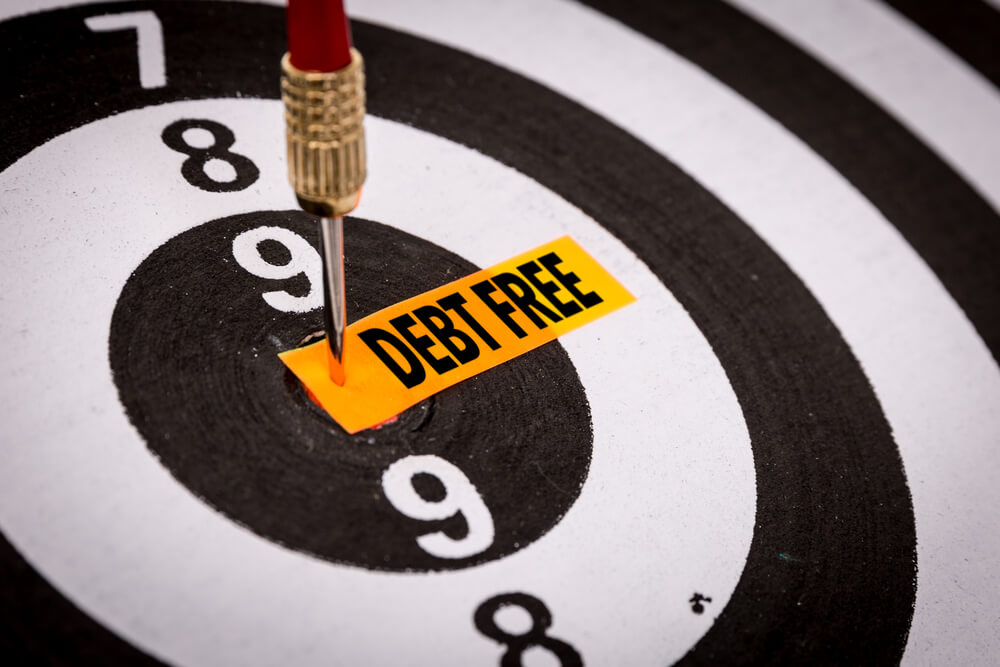- Home
- Health and Fitness Lifestyle
- What to Do When You’re i ...

Navigating the Storm: What to Do When You’re in Debt
Debt is a common and often overwhelming financial challenge that many people face at some point in their lives. However, it’s crucial to remember that there are practical steps you can take to regain control of your finances and work towards a debt-free future. In this blog post, we’ll explore what to do when you’re in debt, offering a roadmap to financial recovery.
1. Assess Your Debt:
Before you can create a plan, you need to understand the full scope of your debt. Make a list of all your debts, including credit cards, loans, and any outstanding bills. Note the amounts owed, interest rates, and due dates.
2. Create a Budget:
Establishing a budget is a fundamental step. It allows you to track your income and expenses, ensuring that you have a clear understanding of where your money is going. Create a realistic budget that takes your debt payments into account.
3. Prioritize Debt Repayment:
Identify the debts with the highest interest rates and prioritize paying them off first. This approach, known as the debt avalanche method, minimizes the amount of interest you pay over time.
4. Explore Debt Repayment Strategies:
Consider different strategies for debt repayment, such as:
- Debt Snowball Method:* Pay off your smallest debts first to build momentum.
- Consolidation Loans:* Combine multiple debts into one with a lower interest rate.
- Balance Transfers:* Transfer high-interest credit card balances to a card with a lower rate.
5. Negotiate with Creditors:
Reach out to your creditors to discuss your situation. They may be willing to negotiate lower interest rates, extended payment terms, or even settle for less than the full amount owed.
6. Build an Emergency Fund:
Even while in debt, it’s essential to have an emergency fund. Start by saving a small amount each month to cover unexpected expenses, preventing you from relying on credit for emergencies.
7. Cut Unnecessary Expenses:
Review your budget and identify expenses you can reduce or eliminate. This might include dining out less, canceling unused subscriptions, or finding more affordable alternatives.
8. Increase Your Income:
Consider ways to increase your income, such as taking on a part-time job, freelancing, or selling items you no longer need. The extra income can be directed towards debt repayment.
9. Seek Professional Help:
If you’re struggling to manage your debt, consider seeking help from a credit counseling agency. They can provide guidance on budgeting and debt management.
10. Stay Committed:
Recovering from debt takes time and discipline. Stay committed to your plan, and don’t get discouraged by setbacks or slow progress.
11. Avoid Taking on More Debt:
While paying off your existing debt, avoid taking on new debt. Cut up credit cards or store them away to resist the temptation to use them.
12. Celebrate Small Victories:
Celebrate your milestones along the way. Paying off a credit card or making your final loan payment is a significant achievement.
13. Learn About Financial Literacy:
Invest time in learning about financial literacy. Understanding personal finance concepts can help you make informed decisions and prevent future debt.
Conclusion: A Debt-Free Future Awaits
While being in debt can be overwhelming, it’s not an insurmountable challenge. By assessing your situation, creating a budget, and following a structured plan, you can work towards a debt-free future. Remember that progress may be slow, but with determination and discipline, you can regain control of your finances, improve your financial well-being, and ultimately enjoy the peace of mind that comes with being debt-free.



















One reply on “What to Do When You’re in Debt”
This is very informational, thanks for the enlightment.